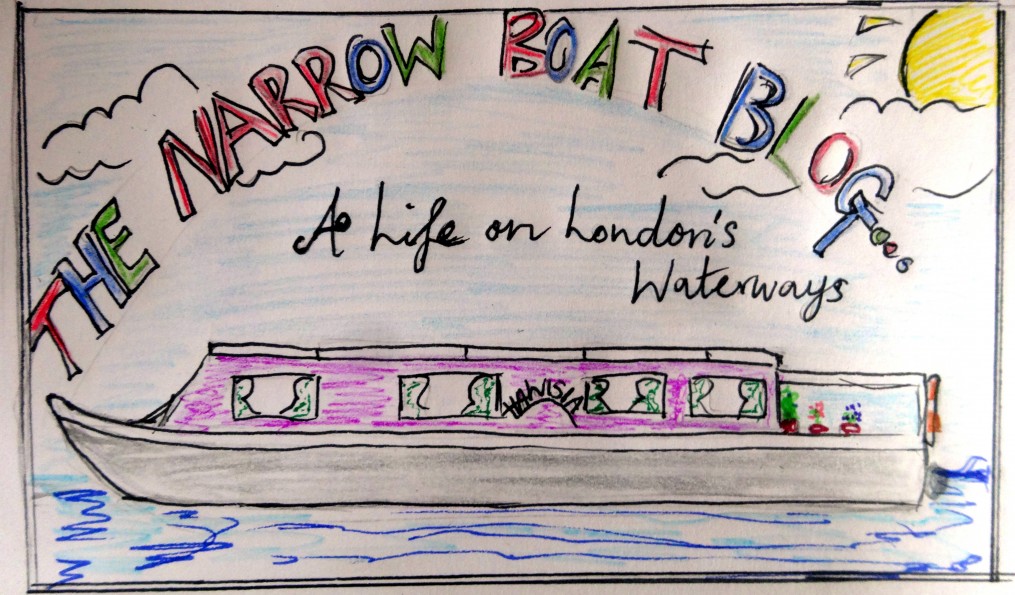It’s hard not to dream of tobacco when you’re sitting by the fire, listening to the radio. Handel’s Saraband was just striking its pure cellist strings in my ear, now it’s something else. A violin swoops and soars like a song-bird, singing in sadness, wringing the heart. It’s Mad Man Moon by the Genesis Suite. The energy has run out of our wind-up radio; this year’s best Christmas-tree yield.
Radio silence and the seed-flames of fire guttering in the wood-burner.
I am sitting in my chair like a nut resting in its husk. My feet are snug in a pair of warm slippers that my sister gave me for Christmas. Behemoth is out – she has become nocturnal again. She’s is an in-between place that I can’t understand; neither domesticated nor wild. Sometimes I think I understand her, then she becomes hostile when I least expect it. It’s strange to think that I often think about my relationship with the cat. She is a friend to me, but an eccentric, unpredictable friend.
This is one of the first evenings that I’ve had free for the past week. Teaching has absorbed the attention of all my waking hours. I rise at 6.15 and often I do not return home until 8 o’ clock. Sometimes I sit on the floor of London’s busy rush-hour Overground service marking my books, watching the scrawl of my red pen making its tracks across the books with the same detached curiosity as one of the many observers, watching me.
Teaching often absorbs my sleeping hours too, when I sleep lightly and amorphous and strange projections of anxiety and fear hijack my mind. I wake up and grope for the mobile phone alarm on the wooden storage panel beside my bed. Is it time yet? I question the white-violet face. 3 am, the screen reads. I shiver and flop back onto the freezing pillow, burrowing my body as deep down into the furnace of warmth beneath the duvets as possible.
But sometimes I sleep as soundly as a child. Then waking up in the dark to my alarm is a kind of horror, followed by the mechanical movements of my morning routine and the familiar clockwork of Homerton Station’s morning rush-hour furore – the last train passengers desperately running for the train, the disappointment of the empty yet serenely-blue oyster card. For even now, at this age, I still have never topped-up more than £20 a go – a protest against the system that I have long since out-grown, and whose original purpose remains as murky and obscure to me now, as that tender age itself.
I think about teaching when I am teaching. I think about teaching when I am commuting. I think about teaching at school when I am lesson planning after the children’s school day has ended. Even when I am in bed I think about teaching. Then it feels like an effort to inhabit my physical body again, remembering that I am not just a disembodied mind, a channel through which information flows, but a human being with a woman’s wants and needs.
During the week I generally have two or three hours before I go to bed, after I come home from work. It is difficult to write in these hours. I want to eat or talk: I need to make the fire or wash or play with the cat. My mind-core is empty of ambition. I am tired.
And the boat? How does it fit in with all of this? I wonder if I am the only person in London who is leading the ridiculously hyphenated and paradoxical life of a teacher-boater. It’s not easy, I can tell you. Looking after a boat is already a part-time job in itself. And teaching? Well it must be one of the most intensive and demanding jobs in the world. And I’ve only just got started.
What’s it like, playing this Jekyll and Hyde game with the world?
I leave the boat wearing up fleece-lined boots, a tight suit skirt that my mother gave me and a pair of high heels mentally stored away in a cupboard office at school. I hitch up the elegant skirt, until it is riding immodestly high. But I don’t care – I have the darkness and my coat. Then I mount my bicycle and make my way along a towpath thick with silted mud, harrowed-through with deep rivets and tracks.
Sometimes when I teach in the classroom I wonder whether the children can see that my finger tips are stained with coal, that the tights beneath my elegant skirt are laddered and lacerated, that my hair is wild and knotted though it is tied into a bun. Sometimes I fear that they can see the tiny dials of mould-pores on the collar of my shirts or whether their senses – for children are like cats – are alert to the faint whiff of wood-smoke that their books give off after I have marked them.
It is a funny kind of life – a life of extremes – that I am living now.





